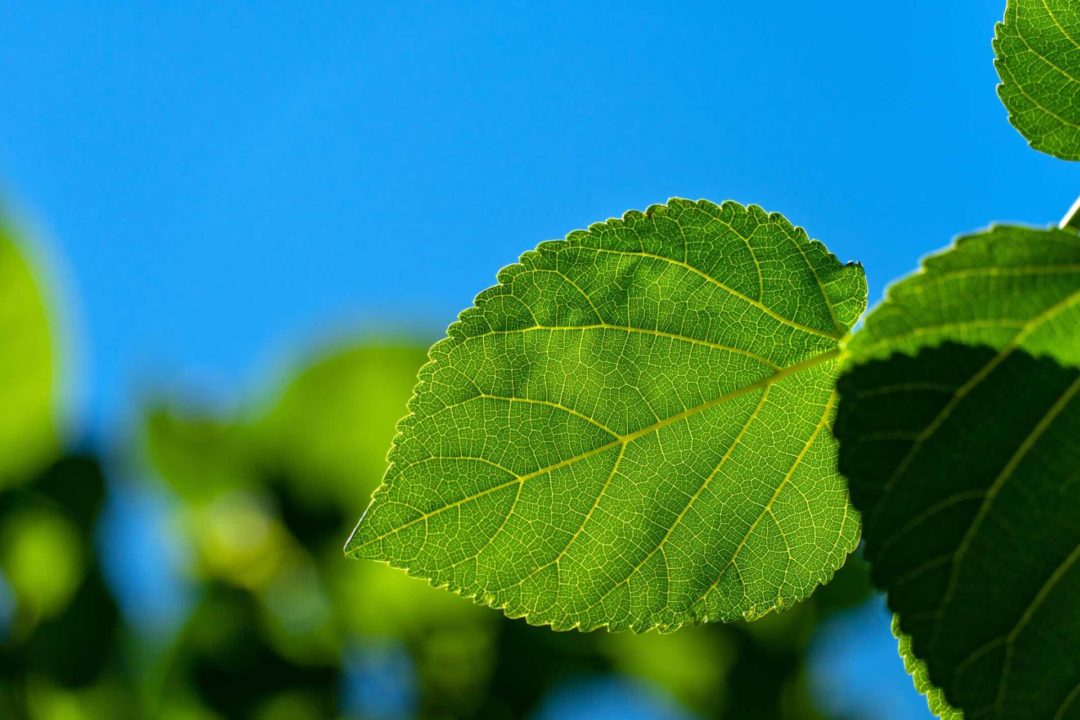The Sacramento County coroner reported that Lori McClintock died from dehydration due to gastroenteritis that was caused by "adverse effects of white mulberry leaf ingestion."
In the days that followed, mainstream media ran with the story with headlines such as "Wife of U.S. Congressman died 'accidentally' after using white mulberry leaf supplement" and "How Did Herbal Remedy Kill Lori McClintock?" Various articles cast doubt on the benefits and safety of dietary supplements, calling them "poorly regulated" and maintaining that supplements "in some cases, can actively be harmful."
Daniel Fabricant, Ph.D., CEO and President of the Natural Products Association (NPA),commented in the KHN report, questioning the coroner's finding. “It’s completely speculative," Dr. Fabricant stated. "There’s a science to this. It’s not just what a coroner feels. People unfortunately pass from dehydration every day, and there’s a lot of different reasons and a lot of different causes.”
Experts Weigh in on Findings of Mulberry Leaf
"The widely disseminated report of a death caused by ingesting a supplement containing Mulberry leaf is an example of a coroner jumping to conclusions that he was not qualified to make, and then the media sensationalizing and demonizing 'another deadly herb' without much if any proof," maintains David Winston RH(AHG) founder and President Herbalist & Alchemist. "The coroner stated he identified a partially digested Mulberry leaf in the woman’s stomach. This is problematic for two reasons. First, is he a botanist or did he have a DNA lab positively identify the leaf as Mulberry? Secondly, if the woman was taking a supplement (capsule, tablet, tincture, extract granule) or a tea, there would not be any identifiable leaf in her stomach. Was she eating fresh or dried Mulberry leaves? If so, this is not a supplement."Elan Sudberg, CEO, Alkemist Labs, further breaks down the coroner's findings and points to "peculiarities" he is considering after reading the certificate of death. Sudberg's breakdown:
- "Eating an entire leaf is an unusual delivery mechanism outside of the norm for dietary supplements."
- "As a botanical microscopist, I wonder who identified the leaf, and how. If you were to send me a sample of a leaf recovered from the stomach of a deceased person, it would be hard to pinpoint a particular botanical unless a tip (look for herbs used in diets) was provided. There are many plants traded in our industry. My company tests nearly 2,000 of them. Without a suggestion, it would take a very long time to cross reference all of them to get to Morus alba. AND when it was found, was it really in good enough shape after being partially digested and aging in a deceased person’s stomach?"
- "Was the leaf material or Mrs. McClintock tested for APIs (Active pharmaceutical ingredients like sibutramine) that may have contraindications for other drugs she was taking? Per the toxicology report, there is no data on to show that those very important tests were conducted."
- "What else was she self-administering? Where is the toxicology report showing the pharmaceuticals that were also in her system? The data is not adding up."
Mulberry Leaf has a Long History of Safe Use
"As I read into the details that were available, I began to question the accuracy of the conclusion that the medicinal herb, Morus alba, with centuries of recorded use/real-time safety data, that has shown no risk nor history of illness from this botanical, was the killer," says Sudberg. "The American Herbal Products Association’s Botanical Safety Handbook states that Morus alba leaf has a safety rating of 1 and an interaction of A, which indicates no reports of known adverse effects in reviewing the literature up until 2013 and no knowledge of such adverse effects. One of the most comprehensive English language materia medicas available, Chinese Herbal Medicine by Bensky et al. (3rd edition), list no cautions or contraindications with mulberry leaf use."Mulberry leaf tea has been used safely for millennia in China and the fresh leavers are used as animal fodder, Winston adds. "The woman’s blood work suggests severe dehydration. Mulberry leaf, while having hypoglycemic activity, is not known to have diuretic activity based on traditional Chinese usage or modern research. So, is this an issue of [supplement] quality control or lack of testing? Doubtful. Is it even likely that her death was caused by Mulberry? The evidence for causality is simply not there."










